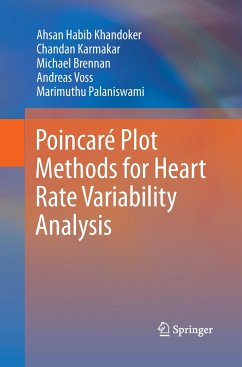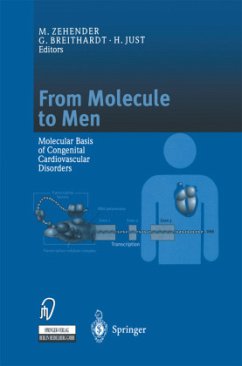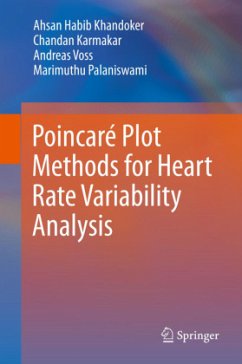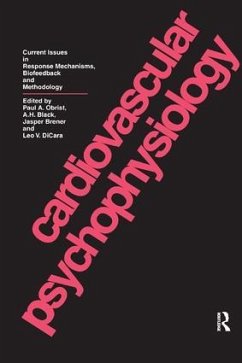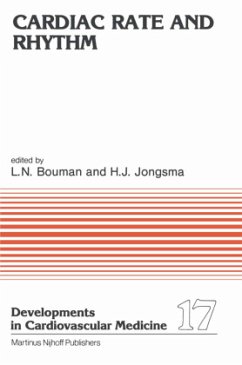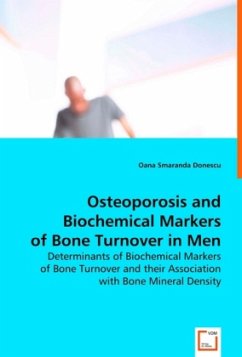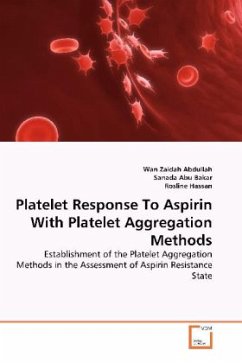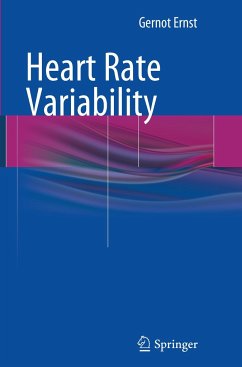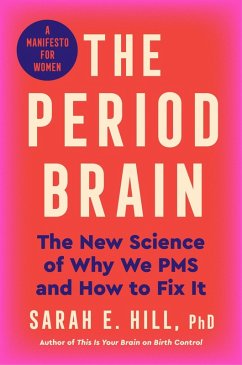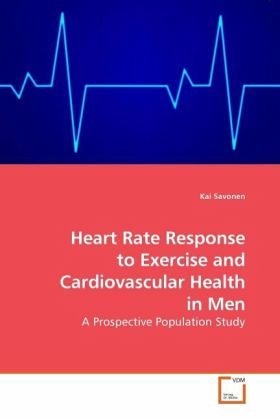
Heart Rate Response to Exercise and Cardiovascular Health in Men
A Prospective Population Study
Versandkostenfrei!
Versandfertig in 6-10 Tagen
39,99 €
inkl. MwSt.

PAYBACK Punkte
20 °P sammeln!
Heart rate is one of most easily measured exercise test variables. Although easily measured, the heart rate reflects a complex, integrated physiologic response. During the last two decades exercise test-derived heart rate variables have raised wide interest as prognostic markers of mortality and cardiac events both in asymptomatic persons and in patients with cardiovascular disease. This book summarizes the main results from four follow-up studies on the prognostic value of the heart rate response to a maximal exercise test in the Kuopio Ischemic Heart Disease Study. The unique approach in the...
Heart rate is one of most easily measured exercise test variables. Although easily measured, the heart rate reflects a complex, integrated physiologic response. During the last two decades exercise test-derived heart rate variables have raised wide interest as prognostic markers of mortality and cardiac events both in asymptomatic persons and in patients with cardiovascular disease. This book summarizes the main results from four follow-up studies on the prognostic value of the heart rate response to a maximal exercise test in the Kuopio Ischemic Heart Disease Study. The unique approach in these studies was to explore the predictive value of heart rate response separately during light and heavier workloads during the standardized exercise test. Additionally, the book provides an in-depth review of the theoretical background behind heart rate regulation during exercise as well as an updated summary of the main epidemiological studies on the topic. This text is a valuable source ofinformation for all physicians, exercise physiologists, physical therapists and other health-related professionals working in the field of exercise testing.



